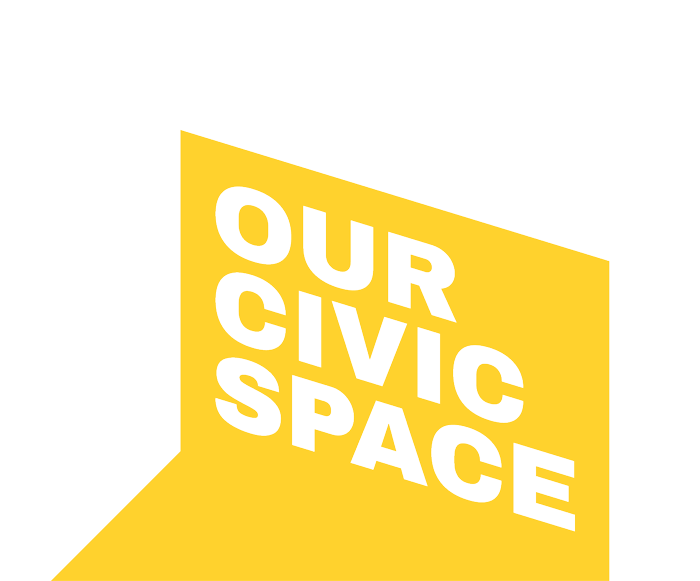The unique power of football can improve the world: the Oltalom Sport Assosiation (OSA) wants to release this power!
With the help of football, we make the lives of disadvantaged adults and children fuller. Through regular trainings, homeless people living in deep poverty, young people living in correctional facilities and refugees are given the opportunity to shape their destiny with the help of our sports and social services (job search, language training).
We are building a bridge between conflicting social groups with our Fair Play football Roadshow tournament. In the matches of our cross-border series of events, important local actors, municipalities, police officers, local clubs and teams from disadvantaged communities shape the rules of their game through democratic dialogue to take the spirit of a cooperative community with them when they leave the field and they return in their everyday life.
Behind the above ideas is a vision for community building. As a civil society organisation, this plays a central role in the life of OSA too. The community, as a retaining force, has help and support for the target group, in this case young people and young adults, due to several aspects:
- Opportunity to belong somewhere
Young people experience a sense of belonging somewhere. This doesn’t always come naturally. Some young people and young adults don’t experience this at all due to their family background and/or current situation. The opportunity to belong somewhere gives them security. Young people can experience that where they go to, the young workers, and another young people are waiting for them, and turn to them with joy and openness. This creates the opportunity for communication. - Possibility to connect
By involving youth in the organisation of programmes for young people and young adults, they can experience and develop their own competencies. Many of them lack positive reinforcement after their actions. To offset this, their involvement in the implementation of programmes for young people helps a lot. After that, they talk about what was good for them and what they could do better next time. - Opportunity for free expression
In many cases, young people don’t have the opportunity to freely express their thoughts in an athmosphere where they are listened to and not criticised for their thoughts, their point of view. This is another aspect at which our programmes can really make a difference. - Opportunity to get better at something
The self-organised programmes ran by OSA involve young people and young adults. The primary goal is to show and teach young people what it means to take responsibility for themselves. Feedback after completing a task helps them understand what it means to take responsibility for themselves and their peers. - Opportunity to make connections
They meet young people who are in a similar situation, so they can experience that they are not alone in the situations they find themselves in. At the same time, they can see examples of the possible roads that lay ahead of them. Working together with older, more experienced people for a few years, could inspire and motivate young people to progress and improve their lives. - An opportunity to support the development of an orderly lifestyle
With the weekly trainings that young people visit week by week, it is possible to incorporate fixed points and programmes in their lives that give a framework to their everyday lives. It gives a system to their lives. An important aspect is that a commitment to these programmes develops when young people feel comfortable with them.
Finally: the pandemic
The pandemic situation has generated some significant changes in the life of OSA. It inspired the organisation to look for new paths, with a focus on involving and retaining young people in regular training sessions. Even stronger, more supportive communication is needed in which players feel they are not alone. Among the existential and other challenges and crises that appear in their everyday lives, the supportive athmosphere becomes even more important. It is therefore important for civil society organisations to be present in the lives of members of their target groups when they need them. This is reflected not only in the fact that NGOs carry out activities that support their daily lives, such as food donations or clothing donations to the beneficiaries (as OSA does on a regular basis), but also in creating a supportive atmosphere in which young people feel that they are not alone. Perhaps the biggest benefit for NGOs in recent times has been finding new solutions to this and incorporating them into their day-to-day work.
Written by OSA
